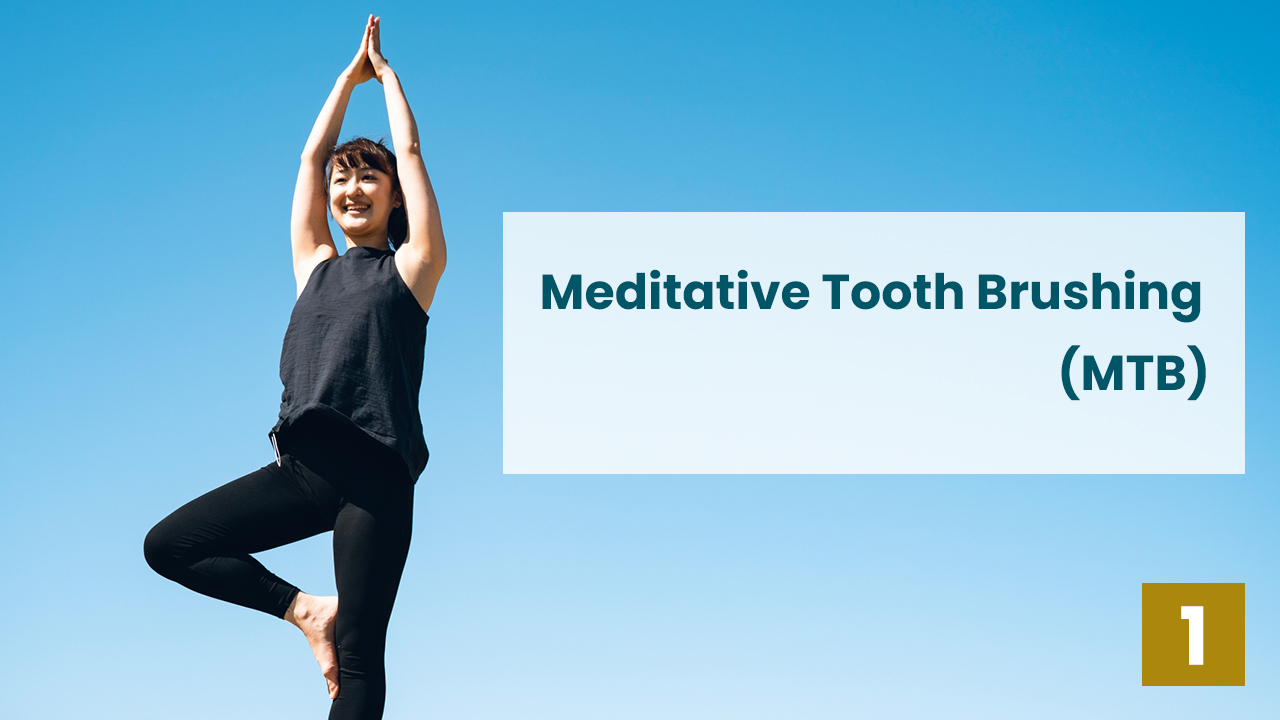Introduction to Holistic Health
The concept of holistic health emphasizes the harmony of mind, body, behavior, and surroundings. This idea is deeply rooted in Vedic culture and is prominently explained in the literature of Ayurveda.
However, the contemporary understanding of holistic health as a health-related quality of life (HRQOL) began only after the World Health Organization (WHO) expanded the definition of health in 1948.
This new definition stated that health is “a state of complete physical, mental, and social well-being and not merely the absence of disease or infirmity.”
This shift marked a transition from a medical model of health to a biopsychosocial model, which considers a broader range of factors influencing health.

The Shift in Health Paradigms
This paradigm shift led to a greater awareness of how diseases that interfere with daily activities can adversely affect overall quality of life. The late 1960s saw the emergence of HRQOL, which has progressively impacted various sectors, including oral health.
The concept of oral health-related quality of life (OHRQOL) has gained traction over the past two decades, as researchers explore the connections between oral health and general well-being.
OHRQOL reflects an individual’s subjective experiences regarding their oral symptoms and overall health, underscoring the significance of good oral hygiene.

The Importance of Oral Health
Oral health is determined by various factors, including molecular, cellular, individual, and social levels, along with their interactions.
The mouth hosts a complex microbiome composed of diverse microorganisms, including bacteria, archaea, protozoa, fungi, and viruses.
These microorganisms are responsible for common oral diseases like periodontal disease and dental caries.
The oral cavity contains the second most complex microflora in the body after the gut, highlighting the intricate balance necessary for maintaining oral health.


